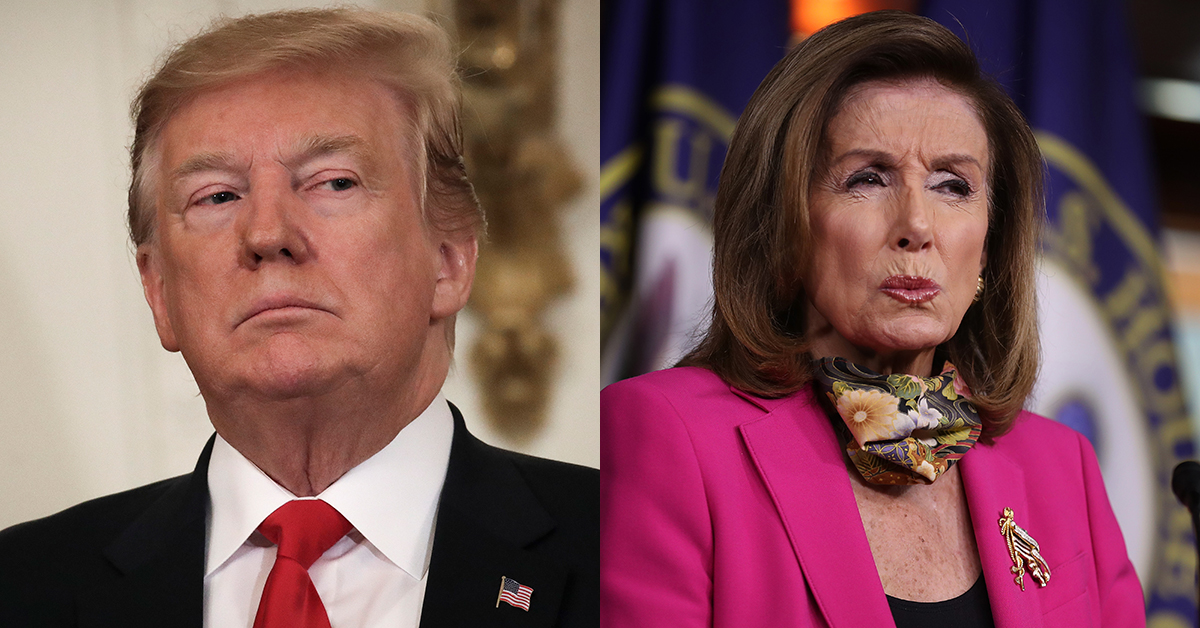OPINION: This article may contain commentary which reflects the author's opinion.
The Supreme Court has rejected Donald Trump’s bid to cite executive privilege to block the Democrat-led January 6 Committee from accessing records created by Trump’s White House.
“The ruling on Wednesday opens up a trove of documents to congressional investigators who have sought them to determine Trump’s actions and mindset in the weeks leading up to the Jan. 6 attack, as well as what he did as his supporters were rioting at the Capitol,” Politico reported.
“Among the documents sought by the committee are speech drafts, call and visitor logs, handwritten notes and other files previously kept by senior Trump aides like chief of staff Mark Meadows, adviser Stephen Miller, press secretary Kayleigh McEnany and White House associate counsel Patrick Philbin,” the outlet added.
The Supreme Court ruled 8-1 in favor of the panel getting the Trump White House documents.
Justice Clarence Thomas was the only member of the high court who said he would have granted Trump’s request for emergency relief.
Politico reported:
Trump had sought to block access to more than 750 pages of records that the National Archives, which house the former president’s records, determined were relevant to the Jan. 6 committee’s investigation. The records include “draft text of a presidential speech for January 6, 2021, Save America March; a handwritten list of potential or scheduled briefings and telephone calls concerning election issues; and a draft Executive Order concerning election integrity … a draft proclamation honoring deceased Capitol Police officers Brian Sicknick and Howard Liebengood, and associated e-mails from the Office of the Executive Clerk, which relate to the Select Committee’s interest in the White House’s response to the Capitol attack.”
The nation’s highest court stated that Trump’s effort failed because his assertion of executive privilege would have failed even if he were still in office.
“The questions whether and in what circumstances a former President may obtain a court order preventing disclosure of privileged records from his tenure in office, in the face of a determination by the incumbent President to waive the privilege, are unprecedented and raise serious and substantial concerns,” the high court said.
“Because the Court of Appeals concluded that President Trump’s claims would have failed even if he were the incumbent, his status as a former President necessarily made no difference to the court’s decision,” the unsigned order added.
Trump had previously sued to block the records from being given to the committee from the National Archives, but an appeals court denied him.
“The President of the United States and Congress have each made the judgment that access to this subset of presidential communication records is necessary to address a matter of great constitutional moment for the Republic,” the court said.
